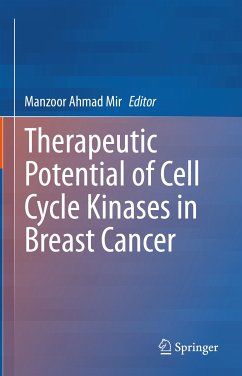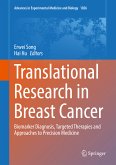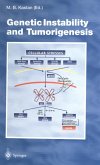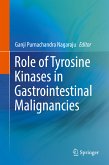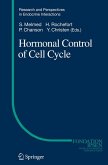This book highlights the interrelation between cell cycle regulators and breast cancer phenotypes. It reviews the roles of Cyclin-Dependent Kinases (CDK) in driving cell cycle progression, cell cycle checkpoints and dysregulation in breast cancer. It also examines the prognostic significance of CDKs in breast cancer. and CDK inhibitors for the treatment of metastatic breast cancer. Further, the book discusses the role of different G1 cyclins in differentiation, chromosome stability, and transcriptional regulation in breast cancer. Additionally, it examines the role of immunogenic effects of CDK inhibitors, the mechanism of resistance and the current clinical trials in breast cancer treatment. Towards the end, the book explores cell cycle regulation as an attractive target for targeted drug therapy in breast cancer. This book is a comprehensive yet concise resource for oncologists and researchers interested in exploring the therapeutic potential of Cyclin-Dependent Kinases in breast cancer.
Dieser Download kann aus rechtlichen Gründen nur mit Rechnungsadresse in A, B, BG, CY, CZ, D, DK, EW, E, FIN, F, GR, HR, H, IRL, I, LT, L, LR, M, NL, PL, P, R, S, SLO, SK ausgeliefert werden.

